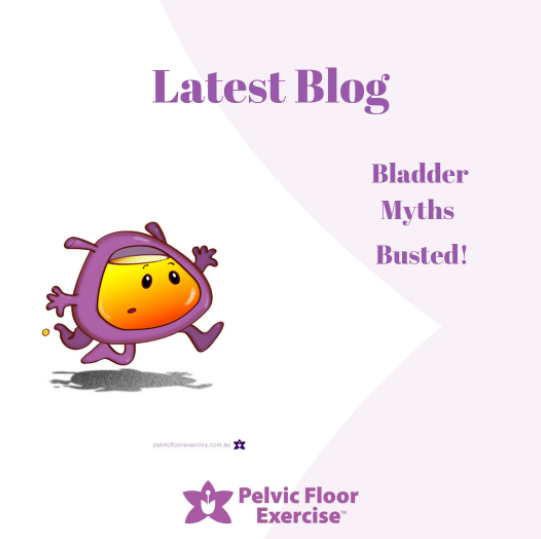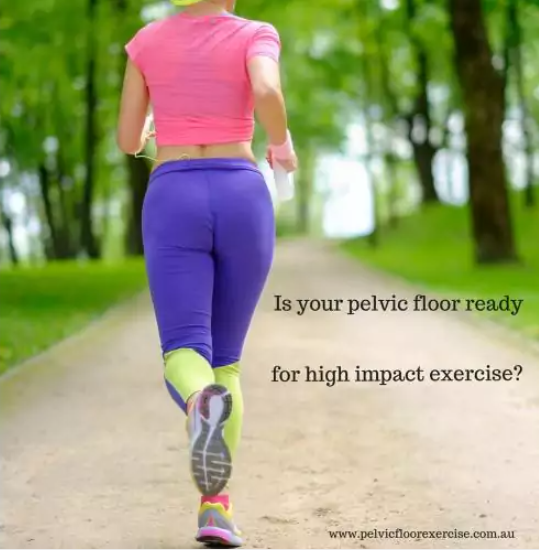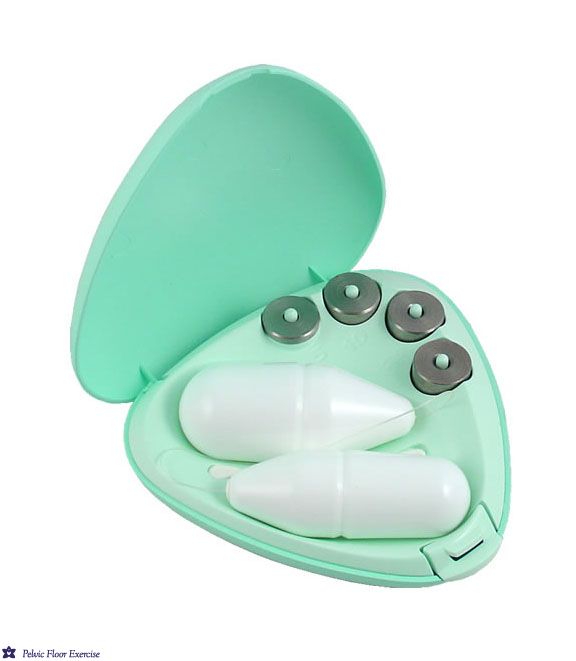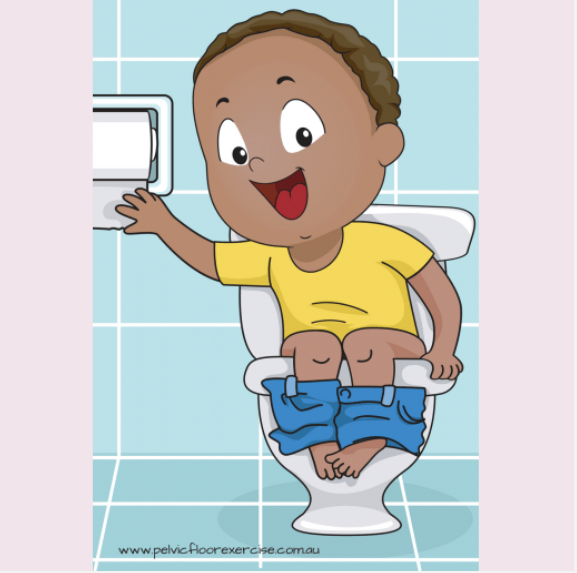Firstly a Few Facts
There are two types of muscles in your body :
Skeletal muscle – we have control of these and can make them contract and relax as we wish. These are the moving muscles like the biceps and hamstrings.
Smooth muscle – we don’t have control of these muscles , they contract by themselves, automatically and are controlled by our brain. They are the 'function' muscles that keep the body working e.g the heart and the gut. They work by stretch response. For example, as blood fills the heart chambers (input) the walls stretch and at a certain point of stretch automatically contract to push the blood out (cardiac output). The same with the gut – as the food bolus passes through, it stretches and squeezes and pushes it along a bit like an inchworm!






